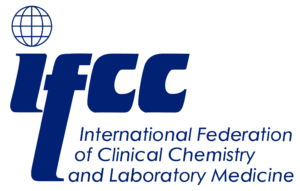Introduction
We applied the Grading of Recommendations, Assessment, Development, and Evaluation framework to evaluate the performance of fecal calprotectin (FC) as an alternative to endoscopy in patients with moderate-to-severe ulcerative colitis (UC) treated with a biologic agent or tofacitinib.
Methods
Individual participant data from the trials of infliximab, golimumab, vedolizumab, and tofacitinib for UC were pooled to generate prevalence of endoscopic activity (Mayo endoscopy score) across different combinations of the rectal bleeding score (RBS) and stool frequency score (SFS). These estimates were then combined with the data from an updated systematic review of the operating properties of FC to generate clinical scenario-specific assessments of the performance of FC as a predictor of endoscopic disease activity. A prespecified threshold of acceptability for false-negative (FN) and false-positive (FP) test results was set at 5%.
Results
For patients with UC achieving RBS 0 + SFS 0/1, FC ≤ 50 μg/g may avoid endoscopy in 50% patients with a FN rate <5%. Similarly, for patients with RBS 2/3 + SFS 2/3, FC ≥ 250 μg/g potentially avoids endoscopy in approximately 50% patients with an FP rate 10%, and endoscopic evaluation may be warranted.
Discussion
Two clinical scenarios were identified where FC can be used with confidence for monitoring treatment response to biologics or tofacitinib in patients with UC without the requirement for endoscopy.

